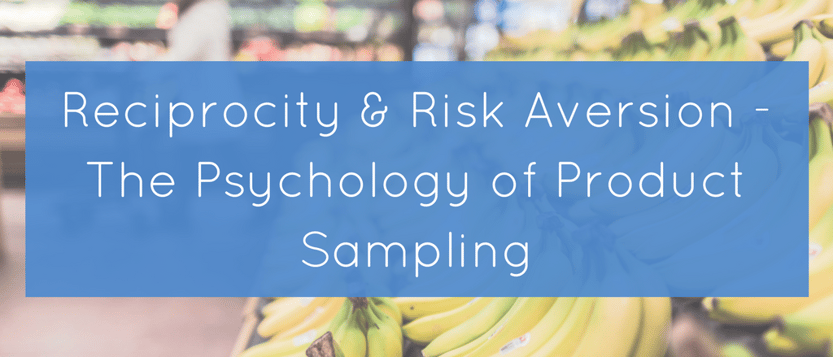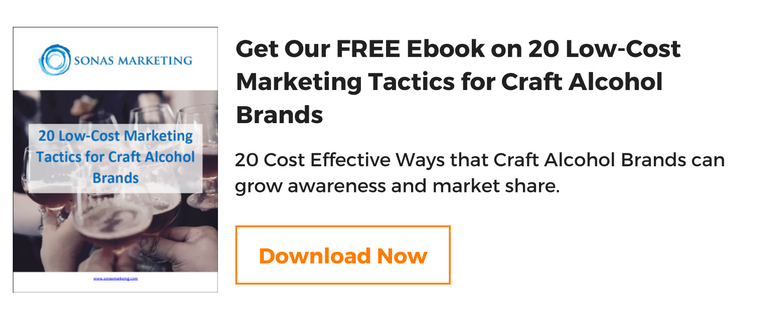Why would you give away your product for no return?
Especially when you are just starting out, with limited inventory, sampling can be a difficult concept to understand. But in reality, it also serves as a crucial way to turn an unknown name in the food and beverage industry into a household name.
Consumers, in a surprise to few, love free samples. And as they taste your product, their minds will--sometimes subconsciously--make them more likely to become customers.
Understanding the psychology of product sampling can help you integrate this tactic into your marketing strategy, and grow your sales as a result.
Samples as a Sales Precursor
A 2014 article in The Atlantic on product sampling in Costco unveiled a fascinating study.
As it turns out, the wholesaler's focus on this marketing tactic comes from a history of proven sales success.
After Costco stores began sampling frozen pizza bites, sales of the brand that was sampled increased by 600%. Meanwhile, 55% of buyers who sampled yogurt ended up buying it during their same trip, while only 15% of shoppers who were offered but refused to take a sample did.
The sales increase, in other words, was massive. Anytime someone sampled a product, their chance of buying that product increased massively.
Why is that the case?
Two psychological principles are probably responsible: Risk aversion and the Reciprocity Principle.

The Importance of Risk Aversion
Consumers tend to stick with what they like.
Especially in the food and beverage industry, they have little incentive to switch from a brand they know to enjoy to one that might not taste nearly as well.
That behavior trend falls in line perfectly with a larger psychological behavior trend called risk aversion.
Put simply, humans tend to avoid anything that could backfire.
Often without knowing, we engage in constant cost-benefit calculations of our actions. If the former outweigh the latter, we stay away from it and go with a safer alternative instead.
Product sampling falls perfectly into this category.
Rather than trusting consumers to take the leap with an unknown brand, you give them a great (and free) idea of what it tastes like. Now, they can decide more specifically on whether they like it enough to engage in a purchase. The brand offering the sample has minimized the potential risk involved in that buying decision.
The Reciprocity Principle
Of course, minimizing risk isn't the only reason a consumer who takes a free sample becomes more likely to buy your product.
Potential customers, especially in stores, also tend to act in accordance with a psychological concept known well to many marketers: The Reciprocity Principle.
The concept is simple: we have a core need to balance our relationships with others.
If we receive something, we feel compelled to give something in return.
Think of it as the psychological underpinnings of a quick I owe you after you receive a favor from a friend.
In marketing, the applications for this concept are significant. If you give your audience something free, they will feel compelling to give you something back in return. The entire philosophy of inbound marketing, for example, is built on this concept. It's also why free shipping tends to be such a compelling sales driver online.
The relation to product sampling is obvious: if you give your audience a free sample, they will feel a subconscious feeling of guilt if they don't end up buying it. That feeling may not be strong enough for some consumers to lead to an actual purchase, but--especially in combination with the above mentioned drive toward risk aversion--it will be for others.
In short, product sampling works, for very specific and psychological reasons. By giving out free samples of your products, you engender goodwill that your audience is likely to pay back. You may have to increase your initial investment, but the return on that investment should be significant.



